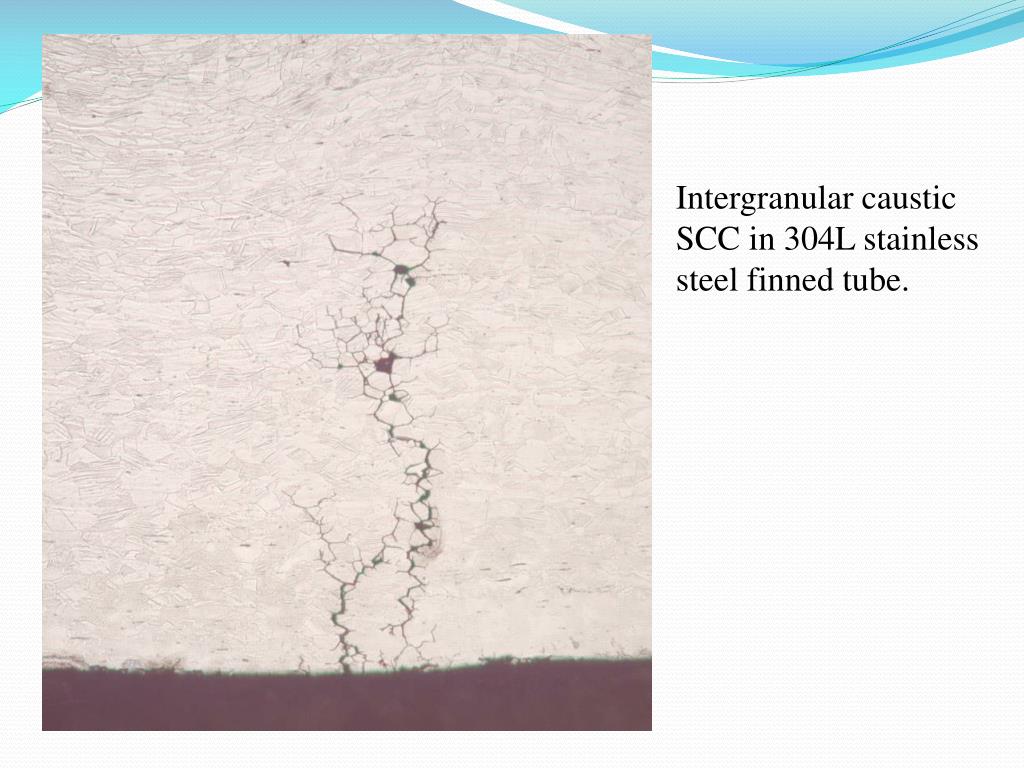

This method was ruled out because the actual stress distribution in the test specimen is not known. NACE TM0177-2005 standard test method B for bent-beam test that follows ASTM G30 standards is simple and economical. In addition, it can be used to determine the threshold stress for cracking, which is one of the objectives of this research study. It provides flexibility in the choices of the size of the test specimen and range of stress levels.

The selection of test method A that includes the use of proof rings was made because the method is simple, compact, and easy. Detailed design and manufacturing procedures are provided in the results and discussion in Section 3. To apply the load on the samples, 316L stainless steel nuts were used.

The proof rings were manufactured from UNS 32205 duplex stainless steel, while the sample racks were made from aluminum 6061 alloy (UNS A96061). The load was applied using sustainable load devices (proof rings). The test was conducted at different stress levels to determine the threshold stress for CSCC. The alloys properties that were recorded from the tensile tests. The types of alloy, their yield strength, and elongation are given in Table 1. Specimens from seven types of alloys were machined following NACE TM0177-2005 standard test method A. To the author’s knowledge CSCC field testing has never been applied in the Arabian Gulf before. Moreover, the impact of load and/or stress and temperature on the susceptibility to CSCC is to be investigated. One of the main objectives is to test the resistance of different corrosion resistance alloys to this cracking in the Arabian Gulf and to determine the actual time-to-CSCC failure of these alloys. This led to the need to develop a high accuracy field test setup for CSCC. These environmental conditions were difficult to replicate in the laboratory. Cases of severe CSCC in the region were reported. Most of the oil and gas installations are located near the sea, which in turn, enhances the build-up of chloride species on the surfaces of the alloys. Corrosion protection in these sites is very challenging. The environment in the Arabian Gulf’s oil and gas production sites is very corrosive and is characterized by high temperature and high humidity, representing continuous evaporation conditions in most of the year.

The susceptibility to SCC depends on many environmental factors, including temperature variation during the day, concentration of chloride ions in the environment, which is a factor of the distance from the sea, and altitude above sea level. Yet, there is a continuous argument that laboratory test conditions can never represent the real field condition. managed to set new threshold temperature for CSCC of 22Cr and 25Cr duplex stainless steels under evaporation seawater conditions. Several studies were performed in simulated field conditions for CSCC testing as conventional laboratory tests did not represent the real field conditions. A number of catastrophic CSCC failures of roof construction in swimming pool environments has resulted in human causalities over the past decades. Chloride stress corrosion cracking can occur fast when evaporation exists even at room temperature. During CSCC, the alloy is attacked over most of its surface, while fine cracks progress through it. IntroductionĬhloride stress corrosion cracking (CSCC) takes place when specific alloys are exposed to tensile stress, temperature, and a chloride containing environment. It also discusses the design aspects and the challenges that were met. This paper describes the developed test procedures to establish testing with high level of accuracy and repeatability. The samples were exposed to a stress equivalent to 80% and 100% of their yield strength. The setup included designing self-sustained loading devices, samples, and sample racks. A cost efficient field test setup for CSCC was designed and developed for the Arabian Gulf. The laboratory testing fails to provide the exact field environmental conditions. This makes these plants susceptible to chloride-induced stress corrosion cracking (CSCC). Oil and gas production and petrochemical plants in the Arabian Gulf are exposed to severe environmental conditions of high temperature and humidity.


 0 kommentar(er)
0 kommentar(er)
